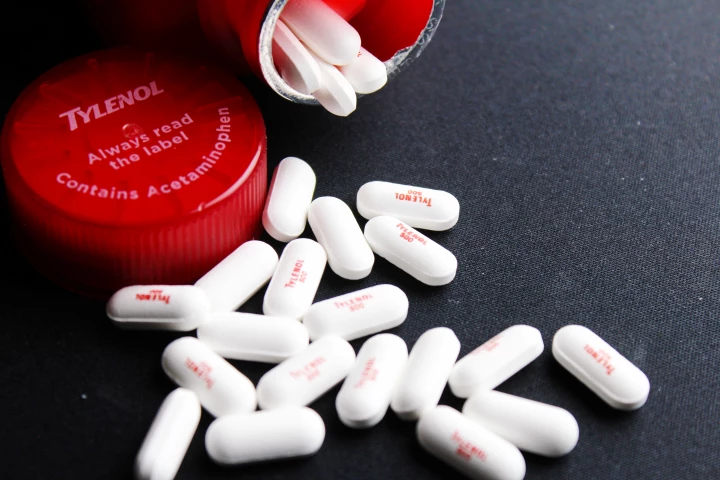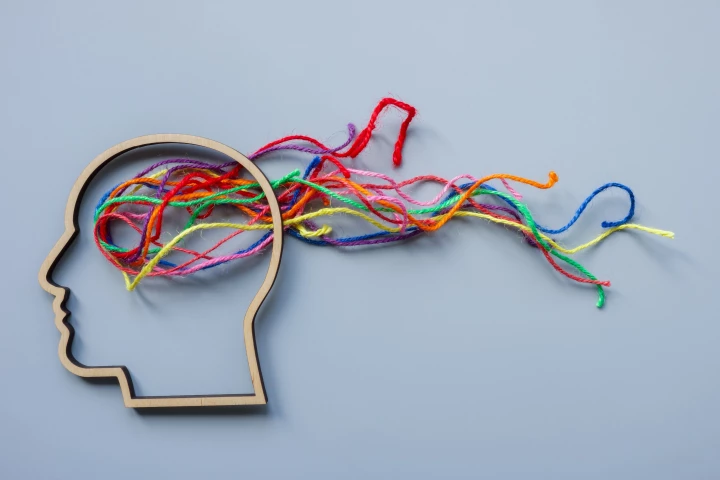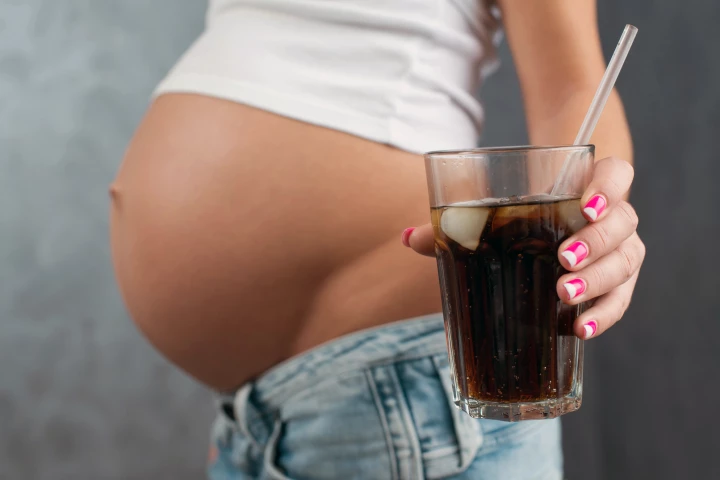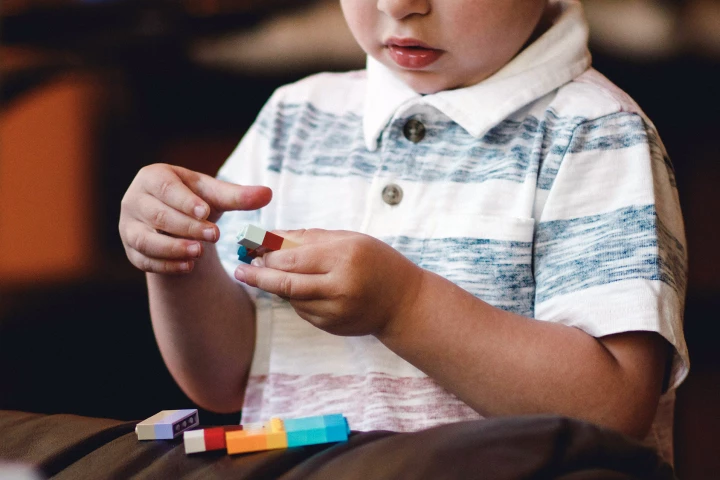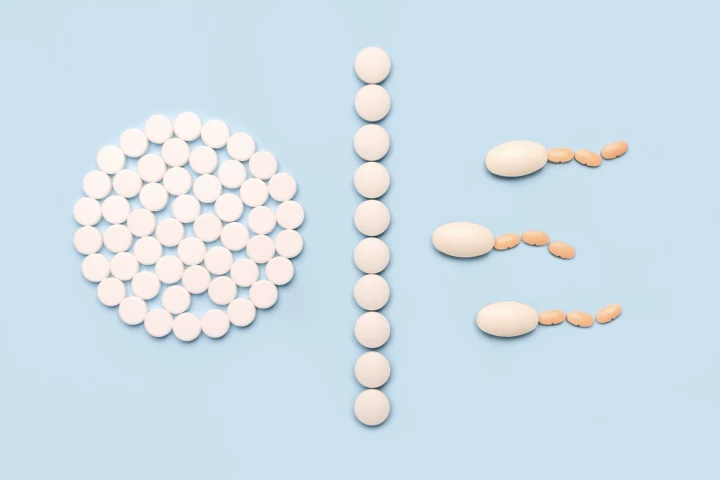Pregnancy
-
New research had made a striking link between a mother’s exposure to “forever chemicals” during pregnancy and the shape of her child’s brain at age five. The findings can't say whether these changes are positive or negative.
-
Scientists have rejected claims that acetaminophen is a key driver of autism spectrum disorder, cautioning that research is inconclusive and excludes genetics and a suite of other influences. What's more, it focuses on a "cure," not understanding.
-
In a massive study of more than nine million pregnancies, a strong link has been found between gestational diabetes and children born with neurodevelopmental conditions – it translates to a 36% increased risk of ADHD and a 56% higher risk of autism.
-
Stress during pregnancy may rewire a baby’s brain for anxiety, a new study found. Adverse prenatal environments change how neurons in the hippocampus develop, leaving offspring more sensitive to threats in adulthood.
-
Pregnant women who drink five or more diet beverages a week face up to an 88% higher risk of gestational diabetes, according to a major new study linking artificial sweeteners to pregnancy complications.
-
Obesity before pregnancy, not just during, may shape a child’s brain and raise the risk of autism, a new study has found. Epigenetic changes in eggs triggered gene shifts linked to autism-like behaviors, revealing a critical window for prevention.
-
We're closing in on an oral male pill that doesn't change hormones or libido, is fully reversible and has no side effects. YCT-529, a new kind of contraceptive mechanism, has also sparked debate about disparities in men's and women's health research.
-
Higher vitamin D in pregnancy could mean sharper minds for kids years later. A large US study found early pregnancy may be the key window for boosting brain development, especially in children of Black mothers.
-
A surprising finding from researchers in Japan has shown how an environmental factor can influence the development of sex organs in unborn mice. The discovery challenges the longstanding belief that sex is determined purely by genetic factors.
-
A new study has found that exposure to second-hand smoke during pregnancy and actually smoking increase the risk of placental abruption, a complication that can be fatal to both parent and baby, to almost the same degree.
-
A decade-spanning study has revealed a troubling side effect when pregnant women take a common painkiller during their pregnancies. The effect of the over-the-counter drug was significantly stronger in female offspring than males.
-
Spinal muscular atrophy is a debilitating genetic condition that’s usually fatal by a few years of age. But an intriguing case study might demonstrate a simple new treatment, with a child showing no signs at all two and a half years after birth.
Load More

